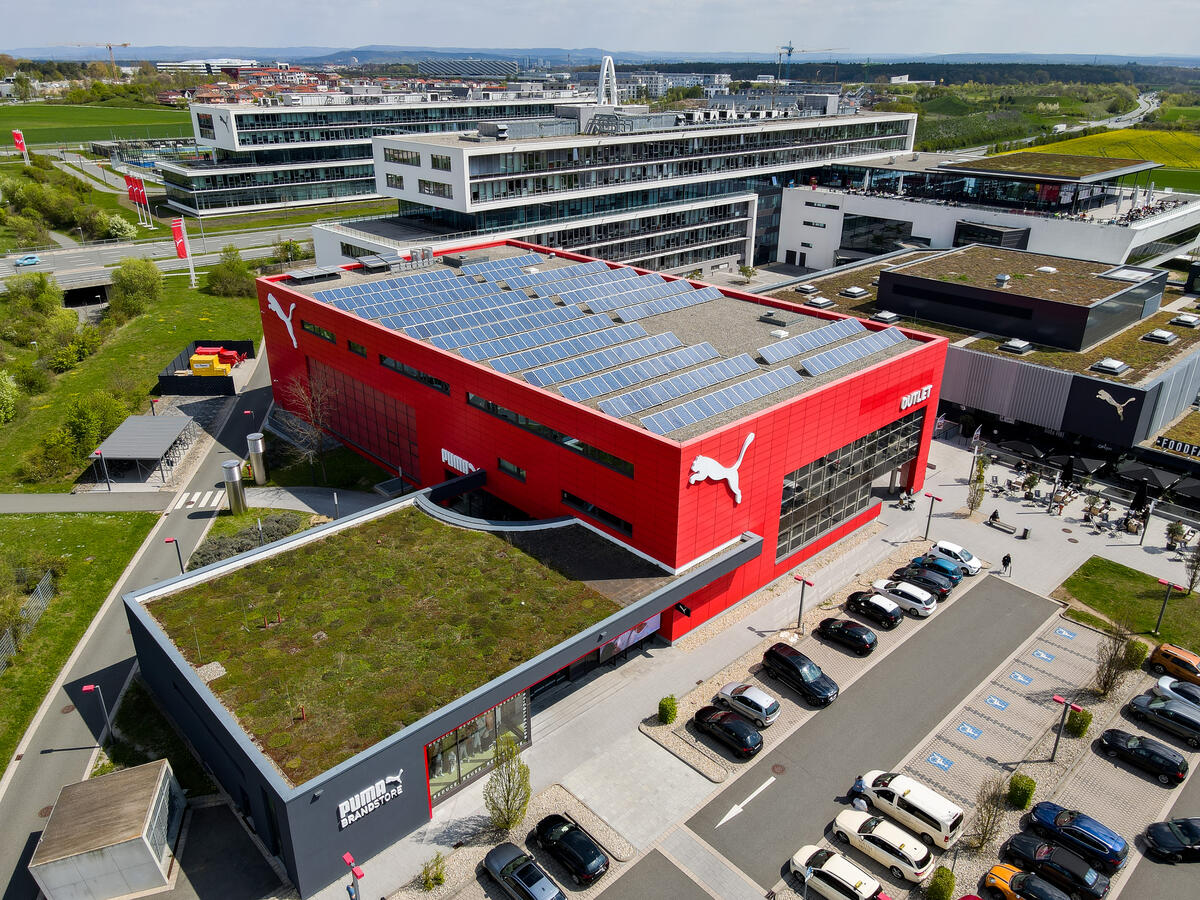Sustainability

Our approach
We believe in integrating sustainability into every aspect of our manufacturing processes for all products – from the sourcing of raw materials to the manufacturing stage, both environmentally and socially.
Vision 2030
With Vision 2030 we have elevated and evolved our current 10for25 sustainability goals to achieve bigger, better targets in climate, human rights and circularity by 2030.
2024 Performance

renewable electricity used for PUMA entities in 2024

factory workers trained on sexual harassment prevention since 2021

recycled polyester used for apparel, accessories and footwear in 2024

Explore Forever. Better.
As a sports brand, we know a thing or two about pushing ourselves to be better. We approach sustainability in much the same way.


